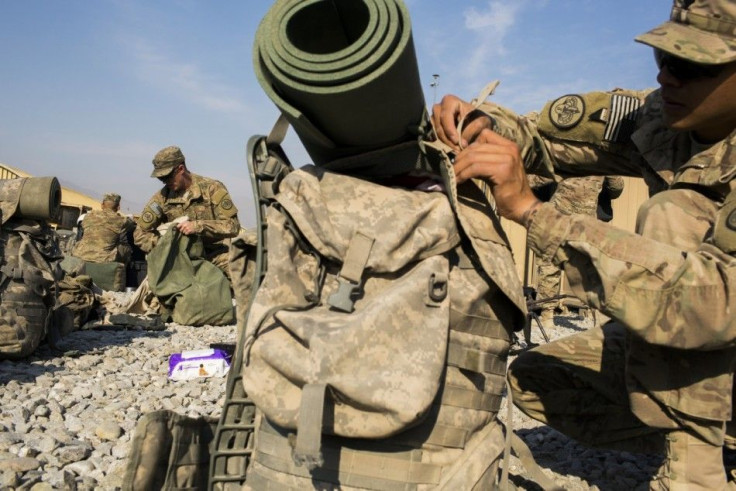New Zealand Defence Force To Leave Afghanistan By 2016; More Violence Feared After ISIS Bombing

The main New Zealand Defence Force may have pulled out of Afghanistan last April 13 but a small group will remain to take on a training role at the U.K.-led Afghan National Army Officer Academy in Afghanistan until 2016. New Zealand Defence Minister Gerry Brownlee said the contingent is expected to leave Afghanistan by the end of next year.
The defence official said the academy, located outside of Kabul, is part of NATO’s non-combat Resolute Support Mission in Afghanistan. The small group of New Zealand forces will help train and advise the country’s security forces as stipulated in the agreement.
New Zealand Upholds Commitment For Peace
“Positive results have been achieved in the development of junior Afghan officers, and it is appropriate that New Zealand’s contribution to this important activity be maintained for a stable and secure Afghanistan,” said Brownlee. He reiterated New Zealand’s commitment to international stability and security in the Middle East.
Since the small contingent will remain for an extended mission, New Zealand’s commitment to Afghanistan will include ongoing funding and development assistance, reports New Zealand Herald. Brownlee said the international focus on Afghanistan is now supporting the state and ensuring security forces are ready to move towards self-reliance. New Zealand forces had been active in Afghanistan for more than 10 years.
Afghanistan Braces For More Violence
Meanwhile, Afghanistan is bracing for a surge in violence as ISIS claims responsibility for bombings in Jalalabad last weekend. The attack is believed to be the first by militants supporting ISIS. In a statement, the group named Province of Khorasan, the ISIS name for a place it wants to conquer, has identified the suicide bomber in Afghanistan as Abu Mohammad Khorasani. The Guardian reports that ISIS supporters had posted a photo of the alleged suicide bomber with a mask and a Kalashinov rifle.
Since foreign troops have gradually pulled out of the country, casualties have risen dramatically with more than 10,000 people killed. According to the U.N., 2014 was the bloodiest year on record for the people of Afghanistan. New research suggests that the withdrawal of foreign military forces have limited the aerial support to the Afghan army as fighting moved closer to residential areas. The number of women and children among the civilian casualties has reached an all-time high as a result.
To report problems or leave feedback on this article, contact: r.su@ibtimes.com.au





















